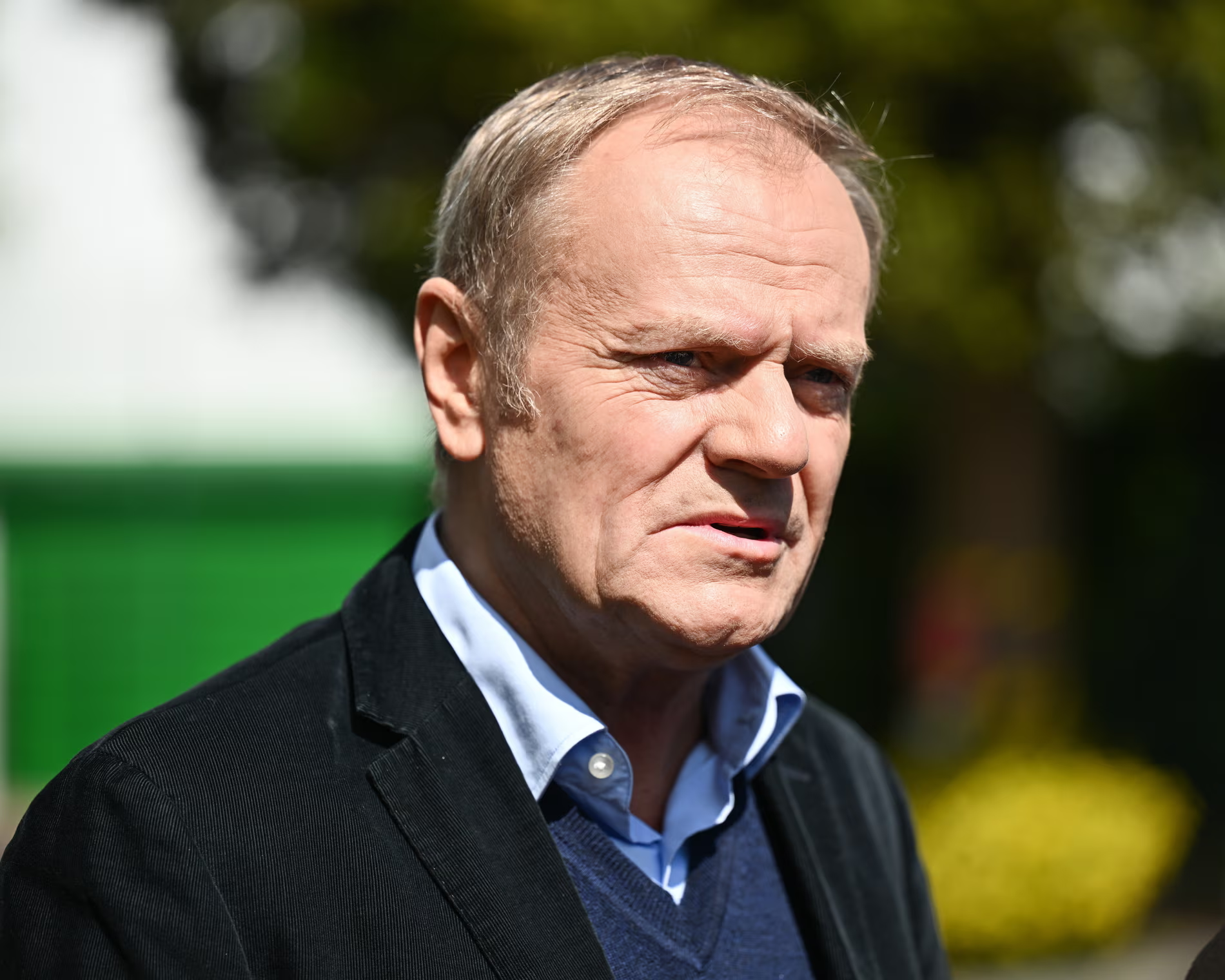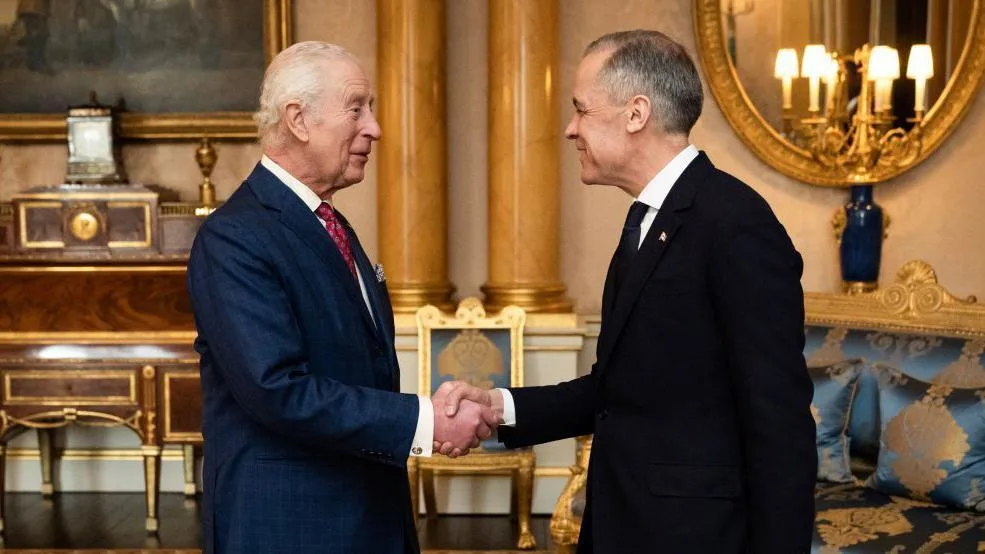Polish Prime Minister Donald Tusk has declared that the next two weeks will determine the future of Poland, warning that key decisions on security, judicial reform, and European integration will shape the country’s path for decades. His comments, made on May 19, 2025, come at a critical juncture for both Poland and the broader European Union amid escalating regional tensions and internal political divisions.
Speaking to journalists in Warsaw, Tusk emphasized that Poland faces an existential moment, as his pro-European coalition pushes to reverse the nationalist policies of the previous government and reassert Poland’s role within the EU.
“These coming days will decide whether Poland remains a full part of the West, of Europe, or if it drifts into the margins,” Tusk said.
🇵🇱 Judicial Reforms Under Pressure
At the heart of Tusk’s warning is the ongoing battle over judicial reforms. The ruling coalition has introduced legislation aimed at dismantling the controversial disciplinary chamber installed by the previous Law and Justice (PiS) government, which was widely criticized for undermining judicial independence.
However, the legislation is facing fierce opposition from PiS allies still entrenched in the judiciary and civil service. The European Commission has made judicial independence a condition for releasing billions of euros in pandemic recovery funds to Warsaw.
“If we cannot rebuild trust in the rule of law, our place in Europe is in question,” said Justice Minister Adam Bodnar.
Rising Security Fears
Tusk’s remarks also reflect growing anxiety over regional security, particularly in light of Russia’s ongoing war in Ukraine and Belarus’s increased military posturing along Poland’s eastern border. Poland has already become a major hub for NATO forces and Western arms deliveries to Kyiv.
Tusk is advocating for increased defense spending, cross-border coordination with Baltic states, and deeper engagement with NATO.
“We must prove we are not just protected by the West, but that we are the West,” he stated firmly.
🇪🇺 EU Relations and Political Stakes
Tusk’s government is also seeking to normalize Poland’s relationship with Brussels, which had been strained under PiS leadership due to disputes over the rule of law, LGBTQ+ rights, and media freedom.
While Tusk enjoys support from pro-EU voters, his coalition remains fragile, relying on diverse partners from center-left to center-right. The next two weeks are expected to include critical parliamentary votes, EU budget negotiations, and constitutional court battles — all of which could either solidify or fracture his government’s momentum.
“If we fail to act now, the window for democratic restoration will close,” a senior Civic Platform MP told The Guardian.
Eyes on the 2025 Presidential Race
The political tension is also being fueled by the upcoming presidential election, scheduled for later this year. The presidency remains in the hands of Andrzej Duda, a PiS-aligned figure, who has veto power over key reforms.
Tusk’s team is reportedly preparing for a fierce campaign, viewing the presidency as essential to completing Poland’s post-PiS transition. A loss could paralyze legislative progress and deepen political polarization.
What Comes Next?
In the next two weeks, Tusk’s coalition will attempt to:
- Pass critical judicial reform bills through parliament
- Negotiate the release of EU recovery funds
- Finalize new defense agreements with NATO partners
- Launch a national education campaign promoting democratic values and EU membership
As Poland stands at a political and strategic crossroads, Tusk’s sense of urgency is not merely rhetorical. For many in Warsaw and Brussels, these two weeks may indeed define whether Poland’s future is anchored in Europe — or drifts into nationalist isolation.
Source; The Guardian



